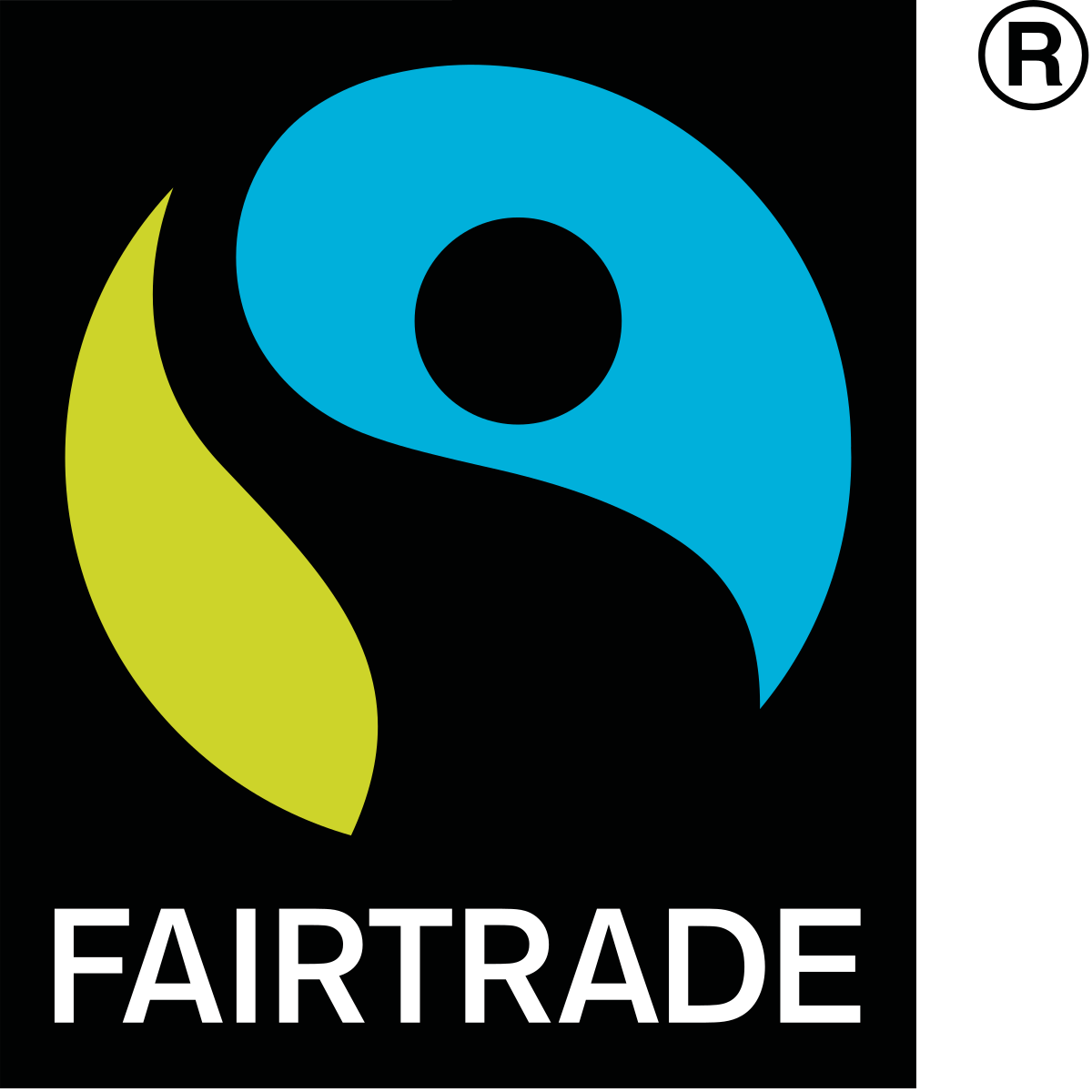The flavour of your coffee isn't the only thing that's bitter
The United Nations declares June 12 as World Day Against Child Labour. What's this got to do with coffee?
Your coffee comes from developing nations.
The vast majority of coffee – over 90% - is sourced from developing nations. Over 100 million people rely on coffee production for their income. This means consumers must be especially vigilant that their purchases are not supporting unethical practices.
To make things worse, a report by the International Coffee Organisation has uncovered some disappointing findings. Ten years ago, coffee farmers from developing nations captured 30% of the value of the coffee market. This is only 10% today.
Child labour and slavery is all too common
Children in these regions of the world don’t have lives like ours. Often, their circumstances leave them with no choice but to skip school to earn at least some money to live. Unfortunately, it’s not uncommon to find children working the fields of coffee farms.
The UN’s World Day Against Child Labour aims to raise awareness, with the ultimate goal of completely eradicating child labour (forced or otherwise). But awareness alone won’t solve the issue.
What you buy matters
It comes back to consumers (you!) making the choice to only buy from companies that can trace their entire supply chain.

Image: Fairtrade International logo.
Property of Fairtrade International. All rights reserved.
As we know, the Fairtrade mark is one way you can ensure you’re buying ethical. It incorporates two important factors which ensure the sustainability of production.
Firstly, the Fairtrade ‘minimum price’ guarantees farmers receive a fair price for their produce, regardless of the market circumstances at the time. This is especially important for fresh produce farmers, as the market is extremely volatile.
Second, the ‘Fairtrade Premium’ is an additional sum paid to farmer co-ops for the betterment of their whole community. Since its introduction, this premium has helped to build medical facilities and schools, fund workshops, and purchase new, efficient machinery and tools.
The Fairtrade certification is a rigorous and continuous process that constantly monitors members to ensure their practices meet the stringent standards. When you buy coffee with the Fairtrade mark, you can be sure you’re not supporting child labour, and that the farmers who produced it have been paid fairly.

Leave a comment
Please note, comments must be approved before they are published